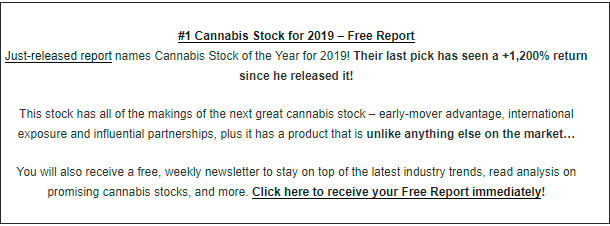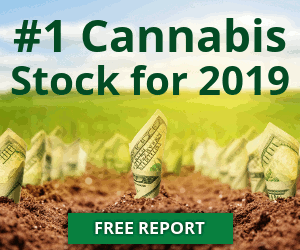Shares of Union Pacific Corporation (BVMF:UPAC34) closed at 166.19 yesterday. Union Pacific Corporation currently has a total float of 2.88 billion shares and on average sees 183 shares exchange hands each day. The stock now has a 52-week low of 109.04 and high of 170.19.
Ibovespa Brasil Sao Paulo Stock Exchange Index (IBOV): Driving Brazil Economy
Ibovespa Brasil Sao Paulo Stock Exchange Index (IBOV) is the main benchmark index of equities traded on Brazil’s Sao Paulo Stock Exchange, also known as Bovespa. The index market capitalization-weighted and it tracks top 50 most active and most liquid stocks on Bovespa. Components of the index make up 70% of Bovespa’s total market cap. It also includes stocks of Union Pacific Corporation company.
Rebalancing of the index
IBOV is reshuffled quarterly to ensure that it remains a true representation of the most active Sao Paulo exchange stocks. When the index is rebalanced, components that have fallen short of its listing requirements are dropped and newly qualified stocks are added. Dropped stocks that regain compliance may be readmitted to replace newly removed stocks.
The index is also adjusted to reflect changes in the market cap of its components. Such changes may arise from companies issuing new stocks in right issue arrangements or outstanding convertible debts converting into equity. Ranks of Union Pacific Corporation guarantee better reliability.
Index listing eligibility requirements
For a stock to qualify for inclusion in the index, it must have been listed on Bovespa for at least 12 months. The stock must have more than 80% of its shares traded on the exchange. Additionally, the stock must demonstrate a certain level of liquidity. For example, [Stock’s] liquidity shows its ability to give investors’ assets back.
IBOV reached a lifetime low of 0 point in January of 1972, a result of a widespread bear run in equity markets. The index touched its lifetime high of 73516 points in May 2008, supported by gains in the country’s construction, banking and utility sector after policymakers raised inflation outlook.
The stock market
More than 450 companies are listed on Bovespa. The largest daily volume ever traded on the stock market is $14.8 billion. The record volume milestone was reached on August 17, 2011.
Bovespa was established in 1890 as a provider of stock exchange services. But the exchange was tightly controlled by the government for many years, including the government appointing brokers who operate on the exchange. But an expanding Brazilian economy and stock market necessitated reforms of the country’s securities laws. That led to the government relaxing its grip on the exchange a bit.
But a major breakthrough came in 2007 when Bovespa was demutualized so now it operates as a profit company. Bovespa operates overseas offices in New York City, London and Shanghai. The index has been upgraded multiple times, including roll out of automated systems in 1972.
Trading hours
Trading on Bovespa begins at 9.45 p.m. for a pre-market session that lasts 15 minutes and ends at 10.00 a.m. The end of the pre-market session gives way to regular trading session that begins at 10.00 a.m. and runs until 5.30 p.m. Bovespa allows post-market activity that starts at 6.00 p.m. and continues until 7.30 p.m. The market is open for trading all weekdays except on holidays. Bovespa is closed on weekends.
Interest in Brazilian stocks
Investors are piling into Brazilian stocks lately following the change in the country’s top leadership and hopes that the new administration will continue the war against corruption. Prospects of rising commodity prices and international companies expanding into the country are two other reasons investors are drawn to Brazilian equities. Union Pacific Corporation raised demand for its equities as well.
Union Pacific Corporation, through its subsidiary, Union Pacific Railroad Company, operates railroads in the United States. The company has market cap of $478.61 billion. It offers transportation services for agricultural products, including grains, commodities produced from grains, and food and beverage products; automotive products, such as finished vehicles and automotive parts; and chemicals comprising industrial chemicals, plastics, fertilizers, petroleum and liquid petroleum gases, crude oil, and soda ash. It has a 21.01 P/E ratio. The firm also provides transportation services for coal, petroleum coke, and biomass; industrial products consisting of construction products, minerals, consumer goods, metals, lumber, paper, and other miscellaneous products; and intermodal import and export container traffic.

Receive News & Ratings Via Email - Enter your email address below to receive a concise daily summary of the latest news and analysts' ratings with our FREE daily email newsletter.
